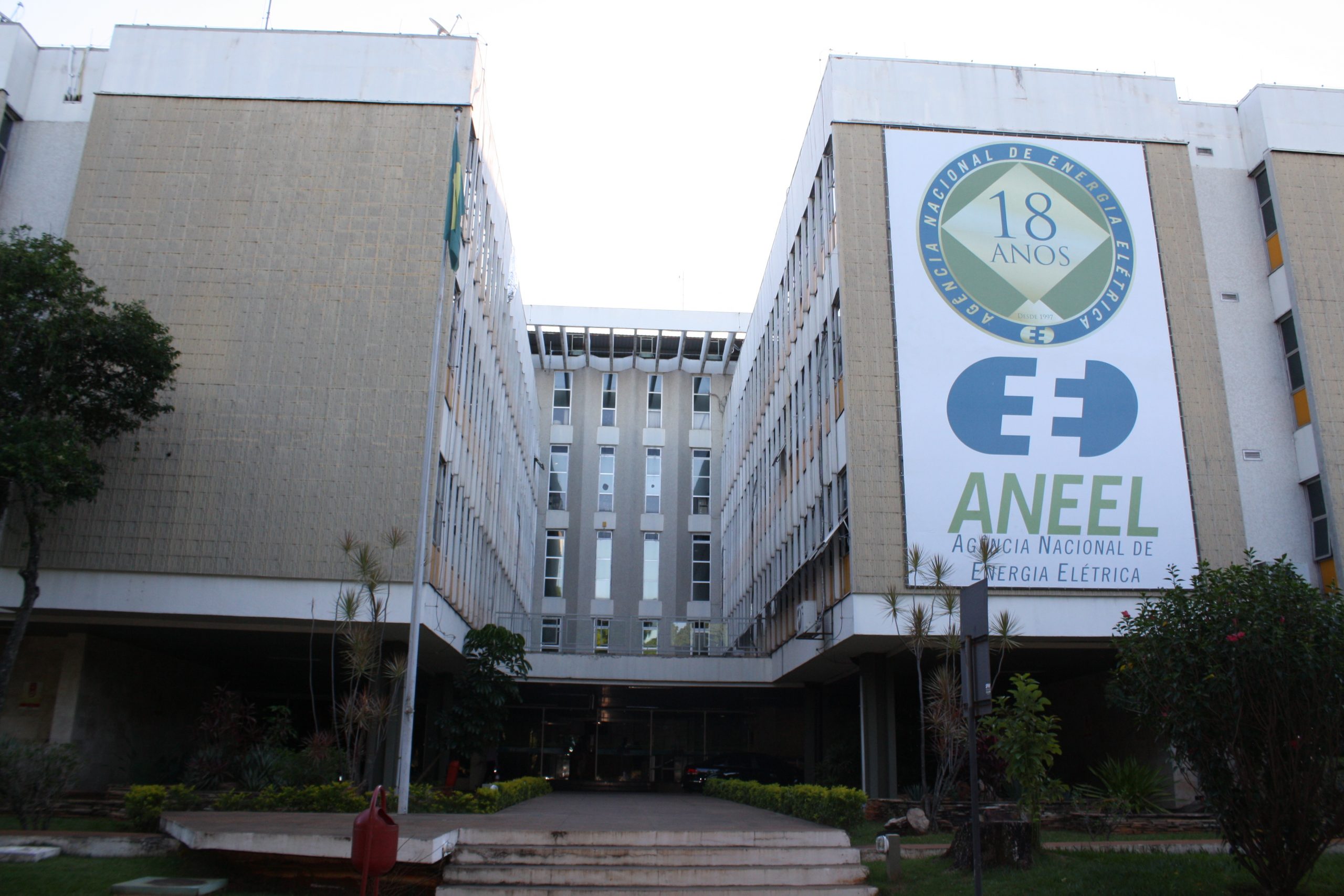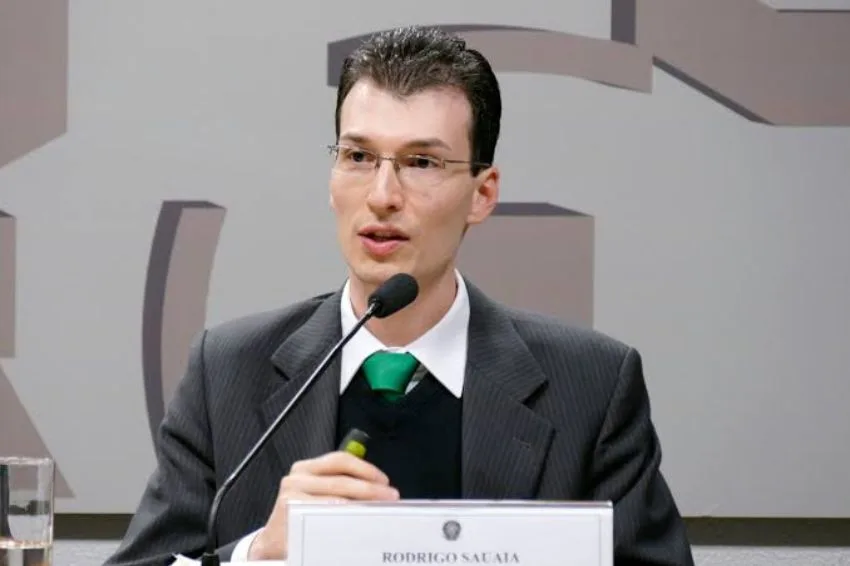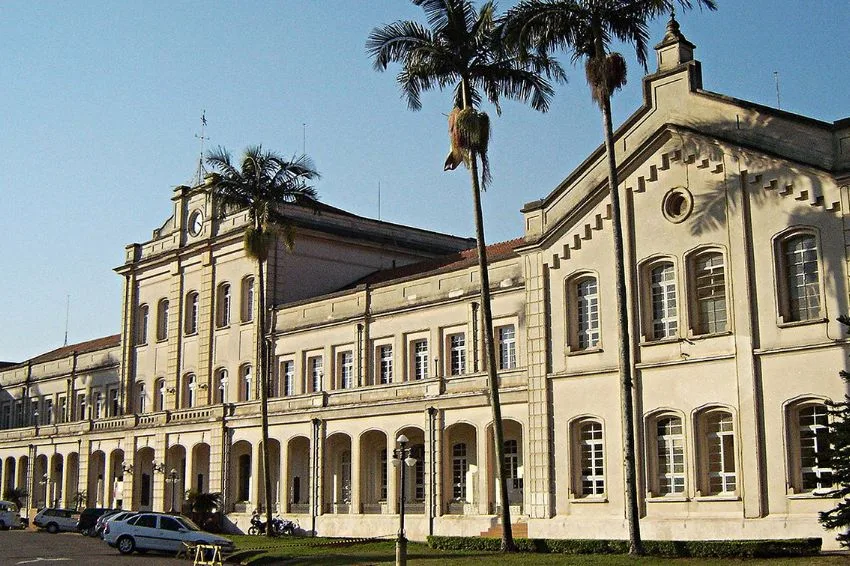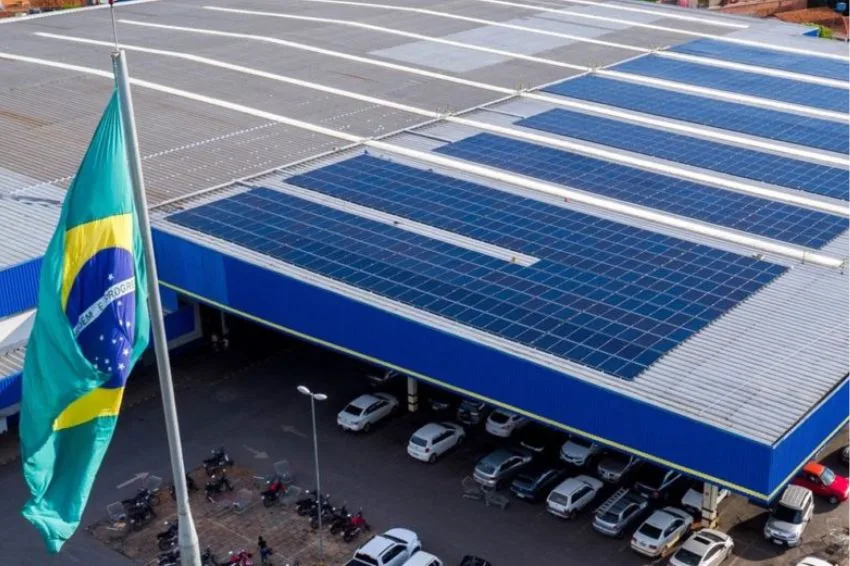In addition to the Covid-19 pandemic, Brazilians will have another challenge ahead this year: the increase in the value of their electricity bill. This is because, to cover the deficit in revenue from last year's tariff flag, ANEEL (National Electric Energy Agency) informed that it will charge R$ 3.1 billion more from electricity consumers.
Created six years ago, the tariff flag is a system that applies an additional charge to electricity bills whenever there is an increase in the cost of energy production in the country. The objective is to make the increase pay for the more intense use of thermoelectric plants.
The 2020 deficit occurred because the collection of the tariff flag was suspended for six months by decision of ANEEL. The agency understood that there was a need to mitigate the economic impacts on the population at that time. Of the R$ 4.45 billion that was supposed to be covered under the tariff flag last year, only R$ 1.33 billion was collected. Billing resumed in December.
“When there is a very large economic impact, the Federal Government and its other bodies always create a temporary solution to alleviate people's suffering. But this works as a kind of loan, in which the capital that was injected will later be paid back by the population in the long term”, he explains. Bernardo Marangon, director of the company Exata Energia and specialist in electrical engineering.
He also highlighted that he does not see any bad intention on the part of ANEEL in deciding to charge consumers the amount in 2021. “I believe it is part of a process in which policies were sought to mitigate the impact of that moment. However, as time passes and the economy recovers, it is natural for us as taxpayers to pay this bill, which, in any case, should have been paid last year”, he stressed.

















